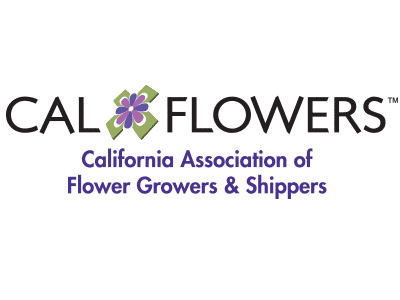
SAF is taking its Congressional Action Days (CAD)
to the next level in 2024 with CAD 365
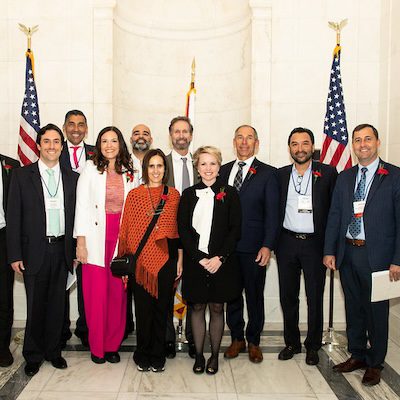
What is CAD 365? How is it different from Congressional Action Days?
Rather than limiting SAF members to one day on Capitol Hill, we will set up targeted meetings between floral industry members and congressional offices multiple times a year, when advocacy is needed most on key issues.
During those targeted meetings, floral professionals will visit Washington, DC and meet with the congressional offices that influence the issues they care about during the most opportune times of the year to discuss them.
In addition, as part of the CAD 365 strategy, SAF will help coordinate congressional visits to member companies who are interested in hosting their senator or representative. This way, members of Congress will see firsthand the depth – and needs – of the floriculture industry.
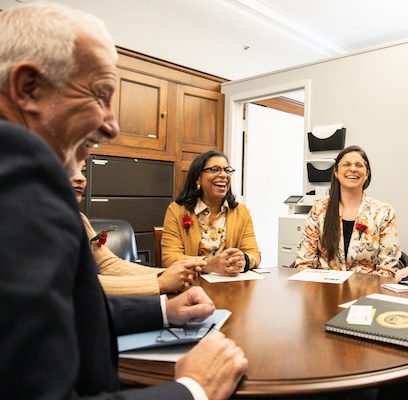
When will these targeted meetings take place?
Stay tuned! We know that spring is a great time to talk to Congress about appropriations, so we’re going to set up meetings in mid-March with key congressional offices and floral industry constituents to make a case for why we need continued floriculture research funding.
In late spring, we anticipate momentum around the renewal of the Generalized System of Preferences, so we’ll plan a day of meetings between influential congressional offices and floral industry members around that time. Same goes for tax and labor issues.
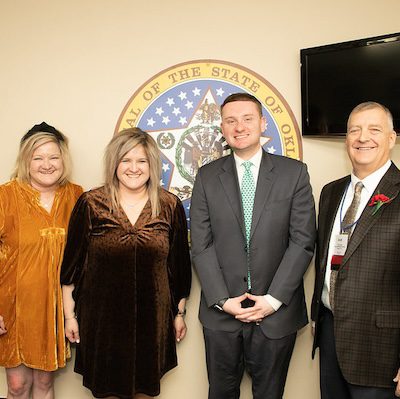
How does this new strategy help the floral industry?
1) It allows us to engage in even more of the advocacy that has won the floral industry:
- More funding for research
- Savings on import taxes of roses
- Building up SAFPAC to funding levels not seen in more than a decade to support our advocacy work.
2) It more effectively supports the work SAF Chief Lobbyist Joe Bischoff, Ph.D, does on the Hill representing SAF year-round, every day.
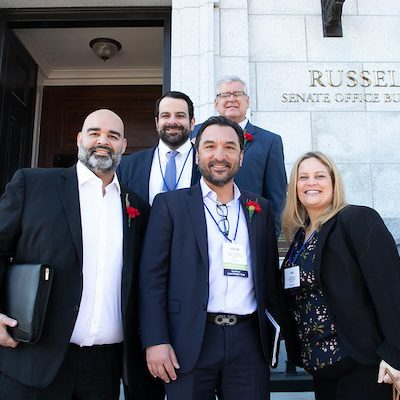
Is there a registration fee to attend a fly-in?
No, the event is free thanks to the generous support of our sponsors. (See sponsors below)
Travel and hotel accommodations are the responsibility of the attendee.
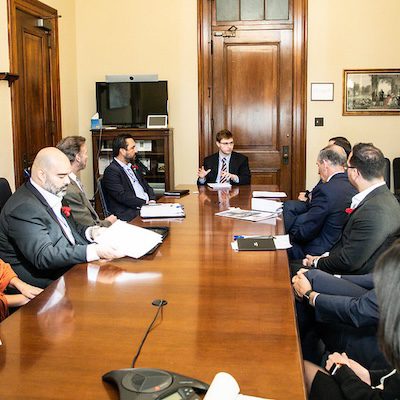
When and how can I get involved?
Several ways!
1) Let us know if you’re interested in attending a CAD 365 fly-in event – we will reach out to you as we set up these meetings to see if you are able to attend attend. Email Lillie Wightman
2) Interested in learning more about hosting a member of Congress at your operation? Email Lillie Wightman
3) Help our year-round efforts to strengthen relationships with congressional offices through SAFPAC.
- Fill out the prior approval form online so that we can make sure you’re up to date on SAFPAC’s work and events.
- Already filled it out? Contribute to SAFPAC here.
First Fly-in: Tuesday, March 19, 2024
The March fly-in will focus on asking for an additional funding for the Floriculture & Nursery Research Initiative (FNRI)
If you are interested in attending email Lillie Wightman for details.


